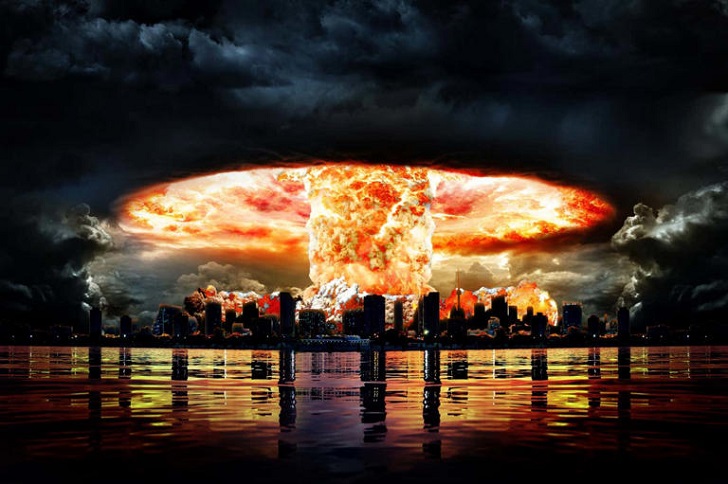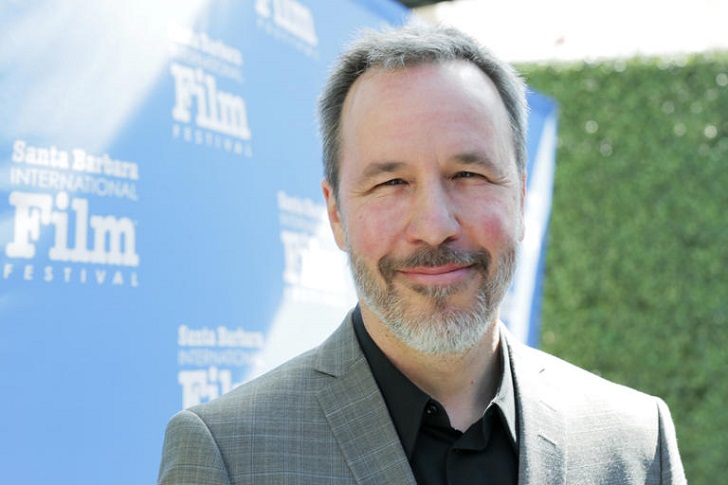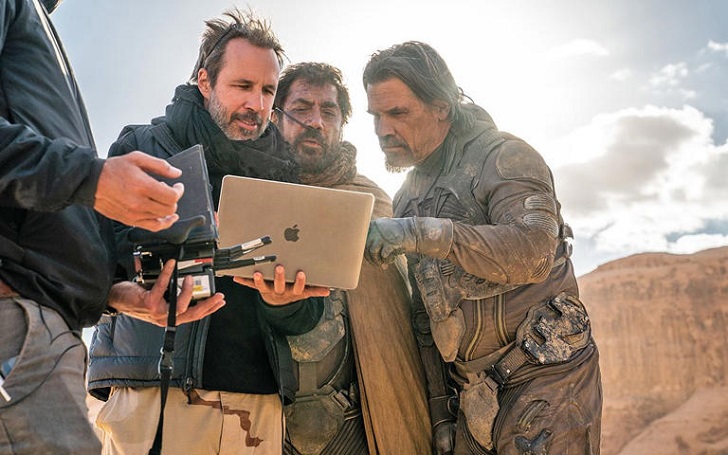In the dynamic landscape of modern cinema, few filmmakers capture the collective imagination quite like Denis Villeneuve. The Canadian director, renowned for his visionary storytelling and epic scale, is set to embark on another ambitious journey with “Nuclear War: A Scenario.” This project, adapted from Annie Jacobsen’s critically acclaimed nonfiction book, marks a potential continuation of Villeneuve’s collaboration with Legendary Entertainment following the success of “Dune: Part Two.” This article will explore everything you need to know about Denis Villeneuve’s Nuclear War: A Scenario.

The Genesis of Denis Villeneuve’s Nuclear War: A Scenario
Denis Villeneuve’s ‘Nuclear War: A Scenario’ represents another cinematic venture and a profound exploration of humanity’s gravest existential threats. Legendary Entertainment secured the rights to Jacobsen’s book in a high-stakes deal, suggesting their confidence in Villeneuve to helm this potent narrative. The book, which recently graced the New York Times bestseller lists, delves into a harrowing tick-tock scenario of a potential nuclear conflict, informed by interviews with key military and civilian experts.
This film adaptation arrives at a time when the theme of nuclear war is particularly resonant. Fresh off the critical acclaim for “Oppenheimer,” which detailed the tense development of the atomic bomb during World War II, Villeneuve’s project is poised to examine further the chilling implications of nuclear armament in contemporary geopolitics.

Storytelling with a Stark Warning
The thematic core of Jacobsen’s book—and Villeneuve’s upcoming adaptation—is the stark reality of a world teetering on the brink of nuclear apocalypse. The narrative is built around detailed scenarios that depict the unfolding of a nuclear war, informed by firsthand accounts from those who would be at the decision-making helm. These insights provide a chilling glimpse into the protocols and ethical dilemmas surrounding the use of nuclear weapons.
Villeneuve’s approach to this material is expected to intertwine personal stories with the overarching political and military strategies that dictate nuclear policy. This method mirrors his treatment of “Dune,” where individual and political narratives are seamlessly woven to craft a story that is both intimate and grandiose. His ability to humanize complex issues against larger-than-life visuals sets the stage for a compelling exploration of nuclear themes.
Production and Expectations
With the anticipation building around “Dune: Messiah,” Villeneuve’s commitment to finishing the trilogy remains his immediate focus. However, the partnership with Legendary and the involvement of his longtime producer, Tanya Lapointe, suggest that “Nuclear War: A Scenario” will soon follow. The project is a testament to Villeneuve’s clout in Hollywood and Legendary’s strategy of backing high-concept films that blend critical acclaim with blockbuster potential.

Following the box office triumph of “Dune: Part Two,” which emerged as the highest-grossing film of its release year, Legendary solidifies its reputation for producing compelling cinematic experiences. The company’s recent success with “Godzilla x Kong: The New Empire” further underscores its ability to capture global audiences with visually spectacular and emotionally engaging stories.
As Denis Villeneuve prepares to tackle “Nuclear War: A Scenario,” the film industry and audiences alike await what promises to be a profound cinematic examination of one of the most pressing issues of our time. With a track record of transforming complex narratives into visually stunning and thought-provoking films, Villeneuve is uniquely positioned to bring Jacobsen’s alarming yet essential story to the big screen. As the world grapples with the realities of nuclear proliferation and political instability, this film could not be more timely.




